Upcoming Events
Meet the Team

Kwaku A. Akowuah
Washington, D.C.
Data Matters Privacy Blog
Sheila A.G. Armbrust
San Francisco
Data Matters Privacy Blog
Francesca Blythe
London
Data Matters Privacy Blog
Colleen Theresa Brown
Washington, D.C.
Data Matters Privacy Blog
Thomas D. Cunningham
Chicago
Data Matters Privacy Blog
Sharon R. Flanagan
San Francisco, Palo Alto
Data Matters Privacy Blog
David A. Gordon
Chicago
Data Matters Privacy Blog
Tomoki Ishiara
Tokyo
Data Matters Privacy Blog
Amy P. Lally
Century City
Data Matters Privacy Blog
David C. Lashway
Washington, D.C.
Data Matters Privacy Blog
William RM Long
London
Data Matters Privacy Blog
Joan M. Loughnane
New York
Data Matters Privacy Blog
Geeta Malhotra
Chicago
Data Matters Privacy Blog
Rollin A. Ransom
Los Angeles
Data Matters Privacy Blog
Alan Charles Raul
Washington, D.C., New York
Data Matters Privacy Blog
Jennifer B. Seale
Washington, D.C.
Data Matters Privacy Blog
Yuet Ming Tham
Singapore, Hong Kong
Data Matters Privacy Blog
Jonathan M. Wilan
Washington, D.C.
Data Matters Privacy Blog
John W. Woods Jr.
Washington, D.C.
Data Matters Privacy Blog

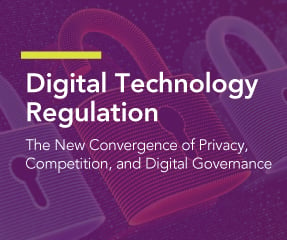
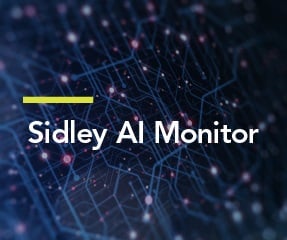
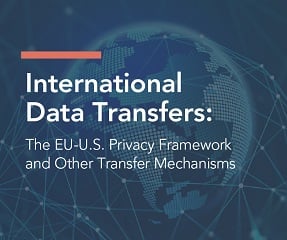
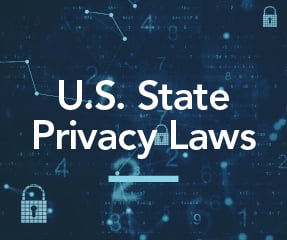

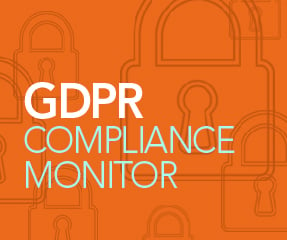
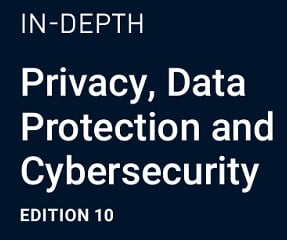
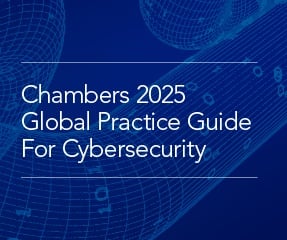
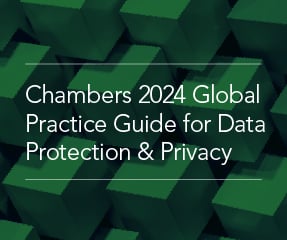
Illinois Supreme Court Clarifies Accrual for Illinois Biometric Privacy Act Claims
For the second time in two weeks, the Illinois Supreme Court clarified the scope of the Illinois Biometric Privacy Act (BIPA) — this time in Cothron v. White Castle. The court, in a 4–3 decision, held that BIPA claims accrue each time biometric data is collected or transmitted, and not just the first time.1
(more…)
Kathleen Carlson
Chicago
kathleen.carlson@sidley.com
Lawrence P. Fogel
Chicago
lawrence.fogel@sidley.com
Geeta Malhotra
Chicago
gmalhotra@sidley.com
Stephen W. McInerney
Chicago
smcinerney@sidley.com
Vera M. Iwankiw
Andrew F. Rodheim
Chicago
arodheim@sidley.com
Illinois Supreme Court Clarifies Statute of Limitations for Illinois Biometric Privacy Act Claims: Five Years
Last week, the Illinois Supreme Court held that a five-year statute of limitations applies to all claims under the Illinois Biometric Privacy Act (BIPA), further expanding the already broad scope and application of the Illinois statute.1
(more…)
Kathleen Carlson
Chicago
kathleen.carlson@sidley.com
Lawrence P. Fogel
Chicago
lawrence.fogel@sidley.com
Geeta Malhotra
Chicago
gmalhotra@sidley.com
Stephen W. McInerney
Chicago
smcinerney@sidley.com
Andrew F. Rodheim
Chicago
arodheim@sidley.com
Carly R. Owens
New FTC Guidance for Mobile Health Apps
Healthcare providers, health plans, and technology companies that use mobile health apps to access, collect, share, use, or maintain information related to an individual’s health should take note of the recently issued Federal Trade Commission (FTC) Mobile Health App Interactive Tool. The purpose of the tool is to help mobile health developers determine the federal regulatory, privacy, and security laws and regulations that may apply to the use of a consumer’s health information, such as information related to diagnosis, treatment, fitness, wellness, or addiction. While the tool should not be considered legal advice and cannot guarantee compliance with legal requirements, it can help healthcare providers, health plans, and technology companies issue-spot to manage risk in this heavily regulated space.
(more…)
Colleen Theresa Brown
Washington, D.C.
cbrown@sidley.com
Meenakshi Datta
Chicago
mdatta@sidley.com
Sama E. Kahook
Washington, D.C.
Francesca R. Ozinal
Washington, D.C.
fozinal@sidley.com
It Is Now More Difficult For International Pharma To Transfer Data Out Of China
New measures for the security assessment of data transfers from China to other countries could make it harder for international pharma companies with China operations to transfer health data out of the country. Lianying Wang explains.
Lianying Wang
Beijing
lianying.wang@sidley.com
FINRA Issues 2023 Report on Its Examination and Risk Monitoring Program
On January 10, 2023, the Financial Industry Regulatory Authority (FINRA) published its 2023 Report on its Examination and Risk Monitoring Program (the Report).1 The 75-page Report includes four new topic areas for 2023: (1) manipulative trading, (2) fixed income — fair pricing, (3) fractional shares — reporting and order handling, and (4) Regulation SHO.
(more…)
Andrew P. Blake
Washington, D.C.
ablake@sidley.com
James Brigagliano
W. Hardy Callcott
San Francisco
wcallcott@sidley.com
Neal E. Sullivan
Washington D.C.
nsullivan@sidley.com
Corin R. Swift
New York
corin.swift@sidley.com
Lara C. Thyagarajan
New York
lthyagarajan@sidley.com
Paul M. Tyrrell
Boston
ptyrrell@sidley.com
Michael D. Wolk
Michael J. Ogershok
Washington D.C.
mogershok@sidley.com
Unpacking Digital Data Laws Across Europe: Addressing the Digital Markets Act
The EU Digital Markets Act (DMA) is set to revolutionize the way in which so-called ‘Big Tech’ is regulated in the EU, shifting toward ex-ante rulemaking and away from traditional after-the-fact enforcement. The DMA imposes a stringent regulatory regime on large online platforms (so-called “gatekeepers”) and gives the European Commission (Commission) new enforcement powers, including an ability to impose severe fines and remedies for noncompliance.
(more…)
Ken Daly
Brussels
kdaly@sidley.com
Monika Zdzieborska
London
mzdzieborska@sidley.com
Bethany Wise
London
bwise@sidley.com
Anna Kubinska
London
akubinska@sidley.com
Digital Health Transformation: A Practical Guide for Life Sciences Companies
In 2022, many if not most pharmaceutical, medical device, and other life sciences companies established strategies to innovate digital health technology complementary to their existing strategic focus. The digital transformation of the life sciences industry is still widely unfolding across the marketplace. In 2023 and beyond, the race is on to launch the next generation of digital health technologies to innovate the delivery of therapies to patients.
(more…)
Meenakshi Datta
Chicago
mdatta@sidley.com
Deeona R. Gaskin
Washington D.C.
dgaskin@sidley.com
Eva von Mühlenen
Geneva
emuhlenen@sidley.com
EU Publishes New NIS2 Cyber Directive Imposing Liability and Obligations on Senior Management
On 17 January 2023, the new Network and Information Systems Security Directive (“NIS2 Directive”), which is aimed at establishing a minimum level of cybersecurity standards across the EU and is set to replace its predecessor (the NIS or “NIS1 Directive”), entered into force. The new NIS2 Directive aims to further harmonize and strengthen cybersecurity and resilience throughout the EU in response to a continued increase in digitization and rise in cyber (and in particular ransomware) threats – which is estimated to have reached a total cost of €5.5 trillion at the end of 2020 (double the figure of 2015) and continues to rise in the EU and globally notably due to ongoing geopolitical conflicts in Ukraine and Russia. (more…)
William RM Long
London
wlong@sidley.com
Lauren Cuyvers
Brussels
lcuyvers@sidley.com
Matthias Bruynseraede
London
mbruynseraede@sidley.com
Eleanor Oates
London
eoates@sidley.com